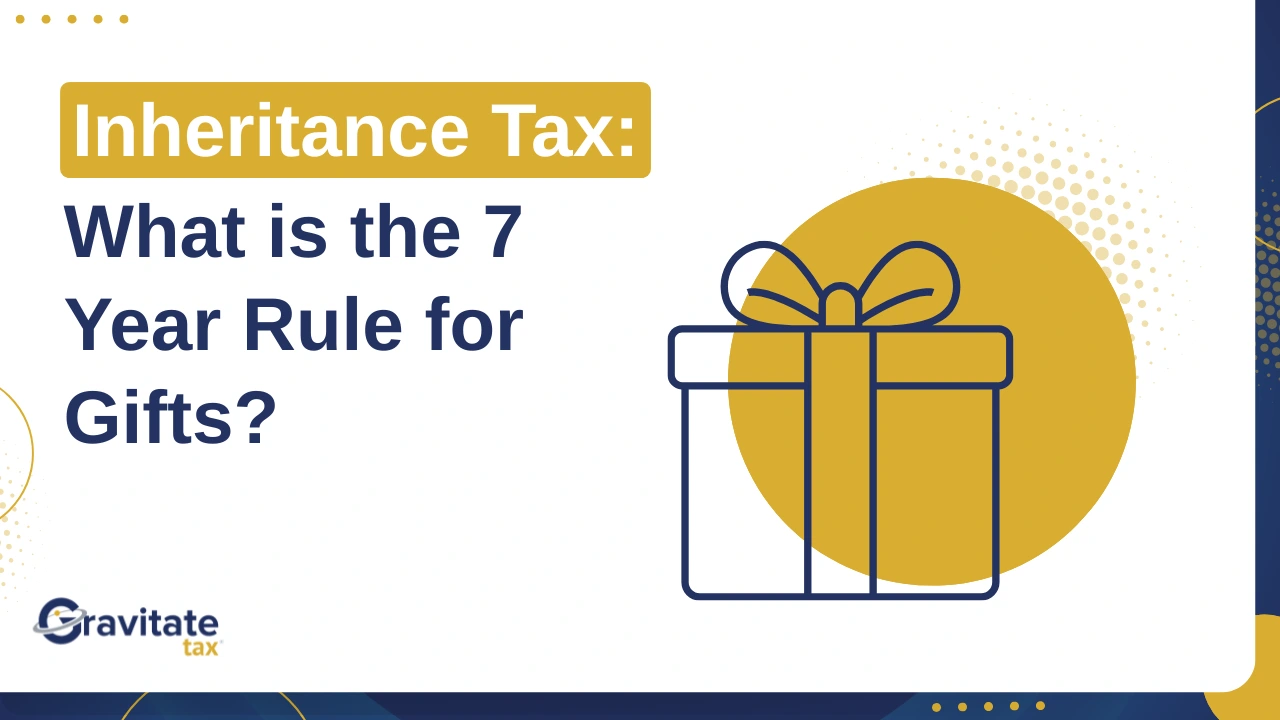When someone passes away and leaves behind an estate that’s liable for Inheritance Tax (IHT), executors must submit accurate IHT returns and valuations.
Traditionally, solicitors have been the go-to appointment for this task, but solicitor fees often range from 1.5% to 3.5% of the estate value. This can be quite expensive, particularly for a larger estate. Increased values of land/property over recent history have pushed more estates into the Inheritance Tax net and where percentage fees are charged, significant fees may be due.
If you’re an executor wanting to reduce costs without risking errors, working with an accountant for valuations and a tax adviser for tax support may be a smart and cost-effective alternative to hiring a solicitor.
Can executors choose accountants & tax advisers over solicitors?
Solicitor fees, like all professional services, can quickly add up. This is especially the case with large, complex estates.
When it comes to Inheritance Tax, or IHT, accountants will usually be involved where business assets, such as company shares, are present. Tax advisers can offer expert support to solicitors with more complex areas of Inheritance Tax, especially where there is a dispute with a third party or HM Revenue & Customs.
In simple terms, an accountant can provide executors with expert guidance on valuations and tax calculations, so a solicitor fee may not always be necessary.
What is Probate, and can accountants or tax advisers support with that process?
Probate refers specifically to the legal process of applying for a Grant of Probate (when there is a will) or Letters of Administration (when there is not). This grant gives the appointed person legal authority to deal with the deceased’s estate. The application itself is a reserved legal activity under the Legal Services Act 2007, meaning only authorised individuals or firms can carry it out.
However, once the grant is obtained, the broader task of estate administration—such as paying debts, distributing assets, and preparing estate accounts—is not a reserved activity. This means that accountants and tax advisers can often assist with these aspects, especially where tax and financial matters are involved.
That said, while accountants and tax advisers cannot usually handle the probate application itself, they can provide valuable support with everything else. This includes:
- preparing Inheritance Tax forms
- advising on estate valuations
- assisting with estate accounts
These are often the most complex and time-consuming parts of the process. Their expertise in tax and financial matters makes them well-placed to guide executors and families through the wider estate administration.
When is a solicitor needed for an IHT return or valuation?
In some instances, professional legal advice is essential. For example, if the estate involves legal complexities, or disputes among heirs, solicitors should definitely be involved.
But for many estates, accountancy and tax support can be enough to manage the valuation and tax aspects.
How accountants support executors with IHT returns
There is a lot that a tax adviser can do to make the Inheritance Tax process easier, more straightforward and, above all, less stressful. They can also help the beneficiaries save significant sums of money through applicable IHT reliefs or exemptions.
What executors need to do
To make the process easier, we recommend executors gather essential estate information like property deeds, bank statements, and investment details. This should be done as early as possible to ensure a smooth process with minimal issues.
They should also communicate clearly and regularly with your accountant about any circumstances which might add complexity to the estate or its valuation.
For executors, understanding the fundamentals of IHT and its various paperwork will also help things progress well.
Understanding roles in Inheritance Tax Returns and Valuations
To help you decide whether to use a solicitor or an accountant for your IHT valuations and tax returns, the table below highlights the key differences in fees, expertise, and when each professional is most appropriate.
It’s designed to simplify your decision-making and show how working with an accountant can be a cost-effective alternative for many estates.
So, what should executors do to manage IHT Returns and Valuations?
If you’re an executor who needs to handle IHT valuations and tax returns and you have decided not to engage your solicitor, it is important that you don’t tackle this complex process alone. We have noticed this route has become more popular over recent years and where we have supported clients, significant sums have been saved due to crucial omissions.
Get in touch with us today for expert accountant support. Depending upon the estate you are administering, you might be able to save on solicitor fees while ensuring accuracy and peace of mind.
This content is for informational purposes only and does not constitute legal or tax advice. Executors should consult qualified professionals regarding their specific circumstances before making decisions about Inheritance Tax returns, valuations, or probate matters.

.png)


.png)

.png)
.png)

.png)
.png)
.png)













.png)
.png)
.png)

.png)
.png)

.png)

.jpg)

.webp)
.webp)












.jpg)

.webp)
.png)

.svg)
